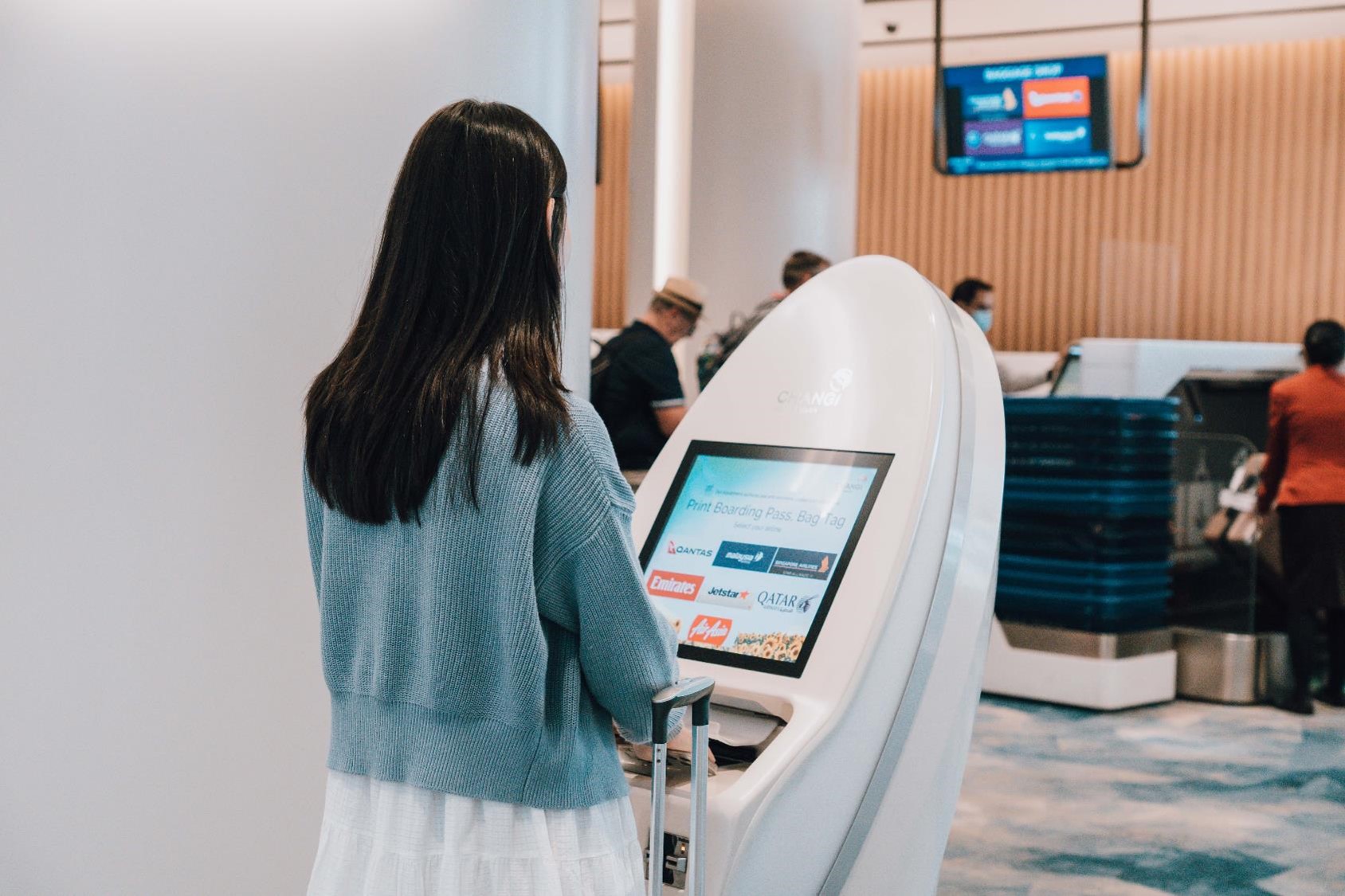Traveling through airports can often feel like a series of endless lines, from check-ins to security checks and boarding. But with more travelers flying than ever before, airports are starting to make big changes. New technology is helping to speed up check-ins and make the journey smoother for everyone. This shift is already underway, with airports embracing innovations to reduce wait times and improve the overall experience. Let’s take a closer look at how technology is changing the way we travel.
Speeding Up the Check-in Process
As more people travel, especially during busy seasons, airports are turning to automation and digital tools to improve the check-in process. Automated kiosks are becoming common at U.S. airports, allowing passengers to check in, select their seats, print boarding passes, and even tag their luggage without talking to anyone. Some airlines like Alaska Airlines are even skipping kiosks altogether, moving to mobile apps for a faster, more streamlined experience.
However, not everyone loves the idea of fully automated check-ins. While many appreciate the convenience, some still prefer interacting with a human. A study by Travelport found that 75% of passengers would rather speak with a human agent. But even so, airports like Oakland International and Liverpool Airport continue to move forward with innovations like biometric kiosks and self-boarding systems. These changes are helping to speed up the process, even as the number of travelers increases.
Facial Recognition Is Changing Security
One of the most exciting developments is biometric verification, especially facial recognition. In the U.S., as per New York Times, the TSA (Transportation Security Administration) has introduced biometric screening at over 30 airports, including major ones like Los Angeles International. With this system, security checks that once took 25 seconds are now done in just 10 seconds. That’s a big difference when you are trying to breeze through security.
International airports are also jumping on board. For example, Suvarnabhumi Airport in Thailand now uses biometric verification for both domestic and international flights. Instead of boarding passes or passports, travelers simply use their biometric data to verify their identity. It speeds up the process and adds a layer of security by reducing the chance of human error or fraud.
Moreover, other airports, like Liverpool, are experimenting with biometric boarding passes. These replace paper tickets with facial recognition technology, making the travel experience even smoother, especially during peak travel times. Similarly, Airports are adopting smart technologies at an increasing rate to make the check-in process faster and easier. For example, Zayed International Airport in Abu Dhabi has introduced biometric sensors that let passengers check in with facial or iris recognition, completely bypassing traditional boarding passes.
How AI and RFID Are Improving Efficiency
In Amsterdam, Schiphol Airport has an AI-powered app that helps travelers predict how busy check-in counters will be. This feature lets passengers plan their arrival times better, so they avoid delays.
Likewise, RFID baggage tracking is another game-changer. This system allows passengers to track their luggage in real-time, making lost bags a thing of the past. According to Airport Industry News, more than half of passengers are excited about using electronic bag tags, which will make the check-in process even easier. And as per Future Travel Experience, findings from IATA’s 2022 Global Passenger Survey (GSP) show that 80% of passengers would be more likely to check a bag if they could track it throughout their journey. In addition, 50% of respondents expressed interest in using electronic bag tags, further highlighting the demand for more self-sufficient and efficient baggage processes.
The Rise of Self-Baggage Drop
Self-baggage drop systems are becoming increasingly popular at airports around the world. Airlines like AirAsia and Finnair have already adopted these systems, along with airports in cities like Las Vegas and Goa. With these systems, passengers can print their boarding passes and baggage tags at a self-check-in kiosk, then drop their bags at a machine that weighs, scans, and automatically sends the luggage into the system. This is helping to reduce wait times and make check-ins more independent for travelers.
What’s Next for Airport Check-ins?
The future of air travel is looking more efficient, thanks to the many technological advancements being implemented at airports. From biometric screening and automated kiosks to RFID baggage tracking and AI-powered apps, the airport experience is getting faster and more seamless. There are challenges to work through, such as the cost of new technologies and making sure everyone, even the less tech-savvy, can use them. But the benefits of these changes are clear, and they’re already making air travel smoother, faster, and more secure.
Looking ahead, we can expect even more innovations that will continue to transform the way we travel. As technology evolves, these improvements will help make the airport experience quicker, safer, and much more enjoyable for all of us.








